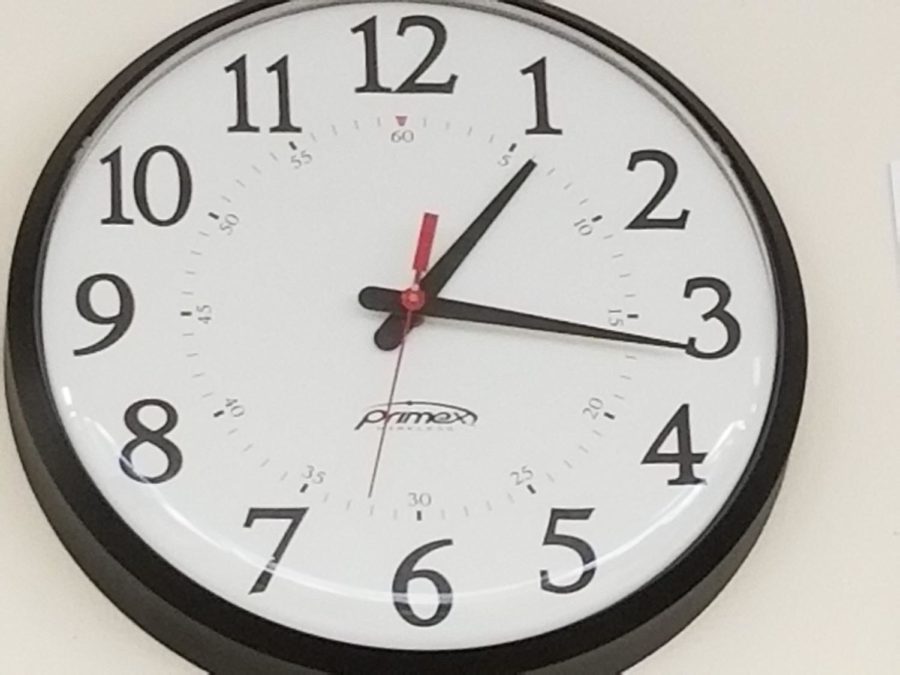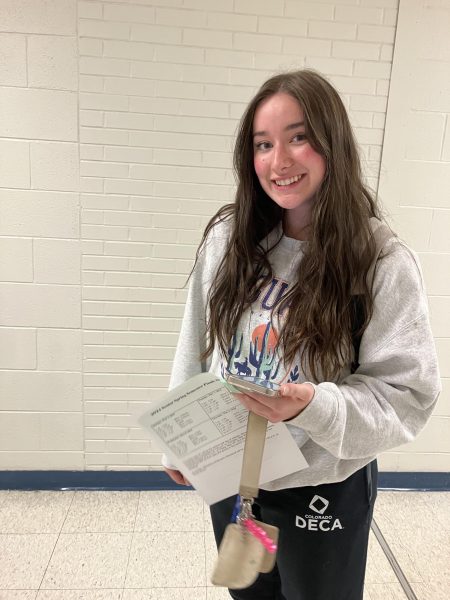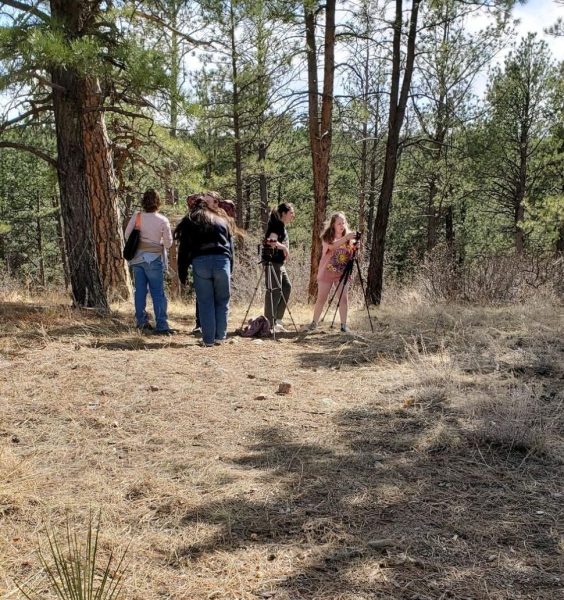Passing Through Time
Imagine for a moment: Two rivers flowing in the same direction side by side, separated only by a small sliver of land. The two rivers’ names are The River of Space and The River of Time. At one point along the two rivers’ trails, the sliver of land ends, and the two rivers collide and merge. The tributary created becomes a river named gravity.
The three rivers are simply an analogy for spacetime, a concept designed by Albert Einstein in his famous and groundbreaking “Theory of General Relativity.” Space and time are most commonly perceived to be completely separate. What Einstein’s theory suggested was that they were completely intertwined, making up the fabric of the universe, called spacetime. What affects space affects time as well, and vice versa.
Imagine the rivers again, at the place where the two collide forming one large river. Now, imagine a large boulder falling into the river, causing a massive disturbance. The water that is not near the boulder can move with ease, as if nothing had happened. However, the water near the boulder must now adjust its path in order to move around the boulder, causing a divide between the movement of the water near it, and the water moving with ease.
The way the river moves is very similar to the way the universe does. The universe is much like the lake, and stars, planets and other massive bodies are all boulders. Everything in the universe has a gravitational pull, even you, but it’s so weak that it doesn’t tend to affect anything at all. Massive celestial bodies, on the other hand, have such a powerful gravitational force that it bends the path of light, causing light to travel slower near areas with high gravitational force. It is critical to understand that contrary to common observation, light is not a linear property of the universe. It is rather a flexible, flowing item, much like a river. Recall that space and time are interlocked, and what happens to space happens to time as well. If light travels slower at areas of high gravitational acceleration, then time must as well. Effectively making time travel slower at high gravity than at low gravity. This is what is known in the scientific community as Gravitational Time Dilation.
If you’ve ever seen the movie Interstellar, you’ll be familiar with this concept. In the movie the protagonists travel to a planet far from Earth with a much stronger gravitational pull than Earth, so every hour on that planet equals 7 years on Earth. While this may seem like just a science fiction movie, the science is truly there. According to Astrophysicist Neil Degrasse Tyson on a radio show known as StarTalk, if you were to travel to Jupiter, a planet with an obviously stronger acceleration of gravity, you’d find that you would live longer than on Earth, assuming that you had the necessary gear to not die by pressure or suffocation. Because time travels slower in higher gravity, you would live longer in relation to the people you left back on Earth. Granted, it would only be by a few minutes.
At AAHS, Andy Fletcher, a physicist who has traveled around the world teaching, recently gave a speech about the subject of light, time, and space. He explained that if you were to travel at incredibly fast speeds, the closer you got to light speed, the more time would slow down. If you were to travel at near light speed, you could essentially travel to the future in relation to the Earth, a 10 minute trip for you could turn out to be 40 years back on Earth depending which speed speed your travel at. Two people who were at the presentation gave their thoughts on the content within.
“It was awesome,” said Jacob Neasbitt, an AAHS junior, “I think it’s an interesting concept to explore.”
“I want to see it used at somepoint,” said Isaac Burton, another AAHS student, “I wonder if it can be used like in back to the future.” As far as we know, travel to the past is impossible.
While we still have no way of reaching near light speeds, or reaching other massive bodies in space, the science is out there that the universe is far more complex and fascinating than we’ve perceived. Perhaps one day we’ll be able to even travel through time.

Hello. I'm Michael Boe, and this is my second year writing for the JetStream Journal. I'm an author and I love to write articles that offer new ideas or...








